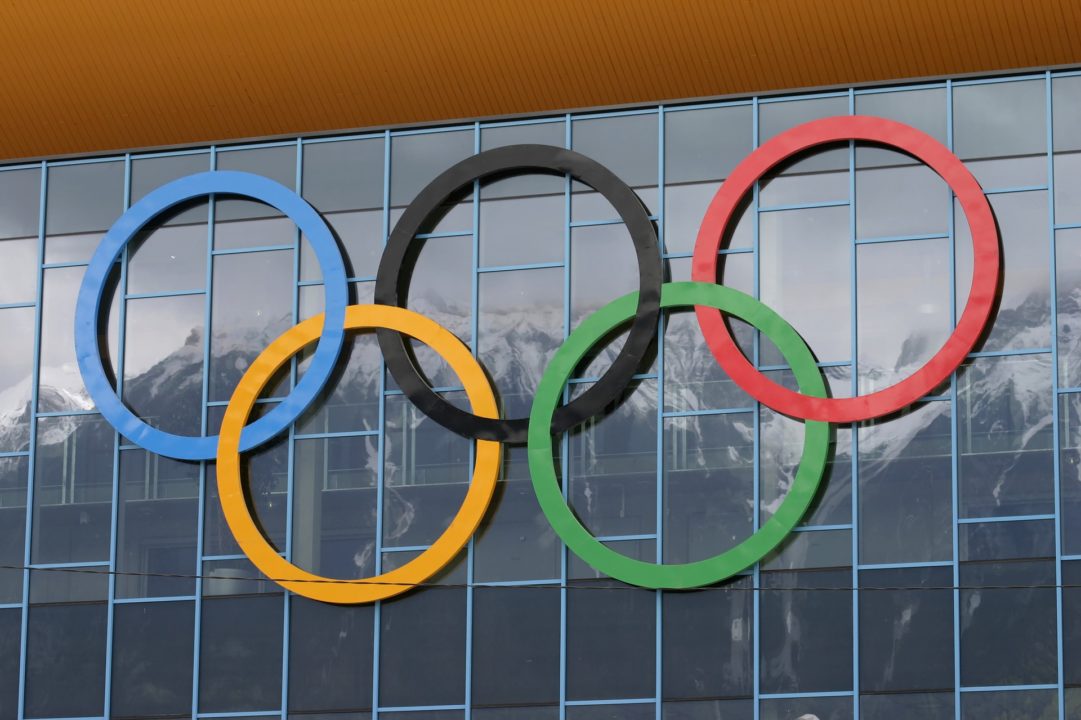The International Olympic Committee (IOC) Athletes’ Commission (AC) has begun a consultation process with athletes in regards to exploring additional ways in which competitors can express their views throughout the Olympic Games.
In January, the IOC published the current Rule 50 guidelines, which provides clarity on the existing opportunities athletes have in regards to expressing views at the Games.
Currently, athletes are permitted to express their views primarily while doing media, whether it be in the mixed zone, during a press conference, or on any traditional or digital media.
“The expression of views in these spaces should still be respectful and in line with the Olympic values,” it says on the Olympic.org release.
Due to the current global climate, the IOC AC understands that many athletes will be motivated to express their views perhaps more so than we’ve seen in the past.
“Racism or any form of discrimination has no place in sport,” they said. “The Olympic Games are a very powerful global demonstration of inclusion and the fight against racism, bringing together athletes from all over the world from 206 National Olympic Committees (NOCs) and the IOC Refugee Olympic Team.
“The IOC AC has already started the consultation process by holding calls with the ACs of NOCs and International Federations (IFs) that had asked to be involved, to discuss key issues related to athlete protests and gather initial feedback.”
The IOC AC has published a framework regarding the Rule 50 athlete consultation, which states that both the IOC AC and IOC “are fully supportive of freedom of expression”.
The current timeline outlined in the framework says that engagement with athletes will be ongoing through October. In September, they will begin a qualitative consultation with athletes’ and athlete commissions, and in October an online survey for the global athlete community will be launched.
The first report to the IOC Executive Board is expected in December, with the final recommendation to come during Q1 of 2021.
The Australian Olympic Committee recently ran its own survey of current and former Olympic athletes in relation to this topic, which showed that 34% of present-day athletes believe views should be expressed at the Games and an additional 47% said it depended on the circumstances. The AOC survey also showed that athletes didn’t believe any expression should take place on the field of play or during a podium ceremony.
